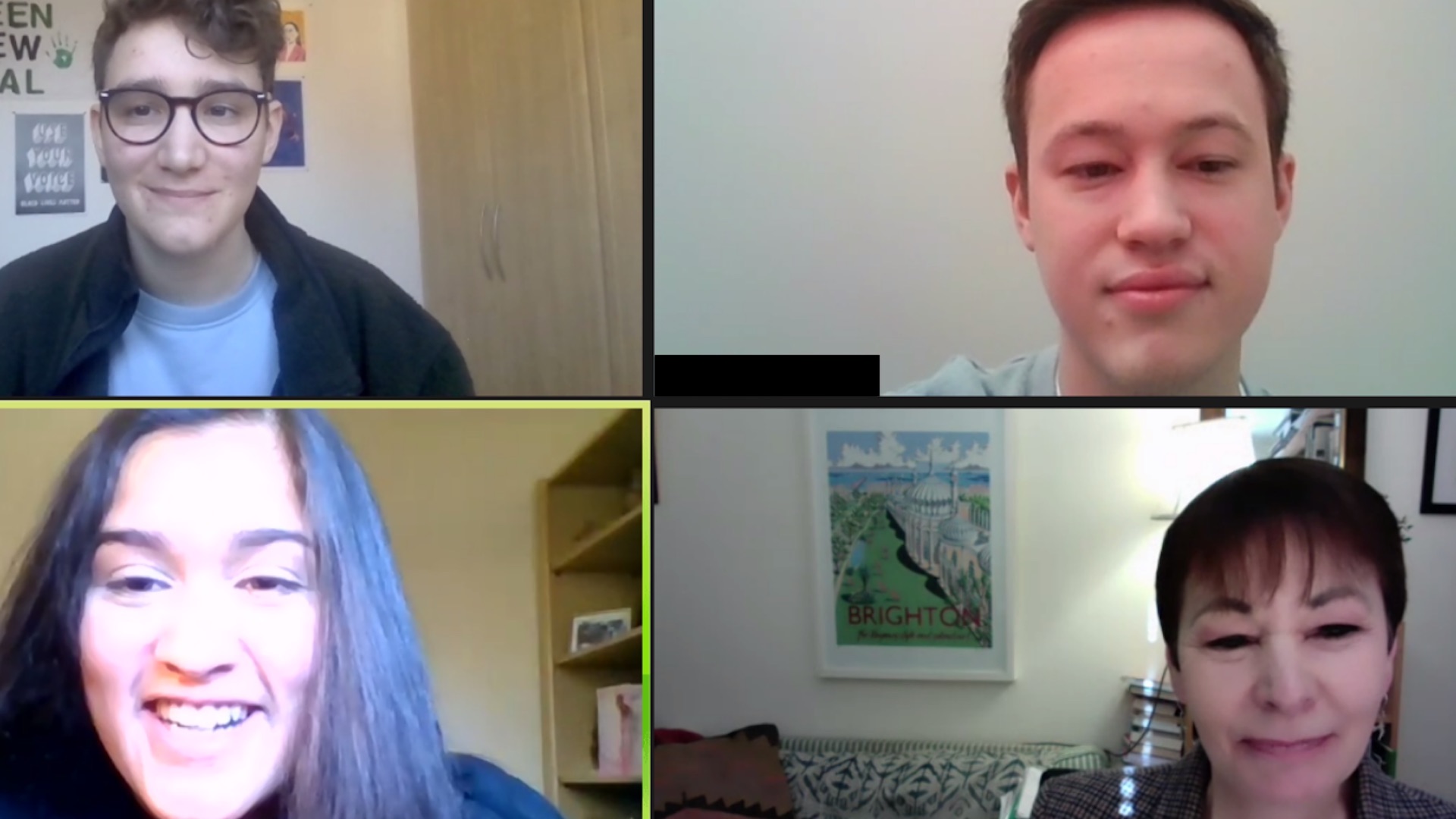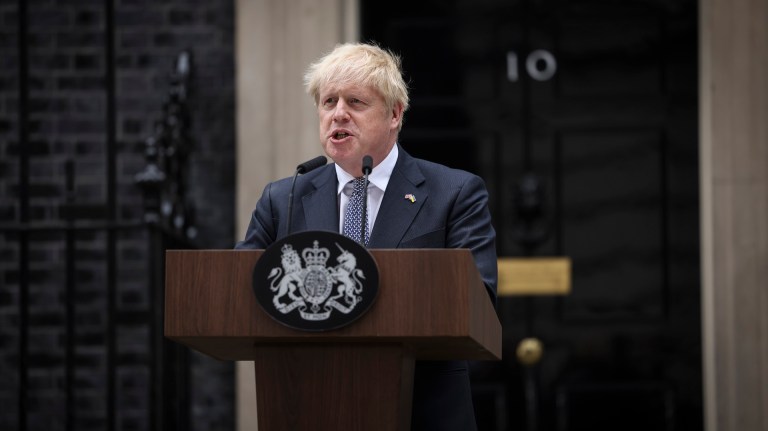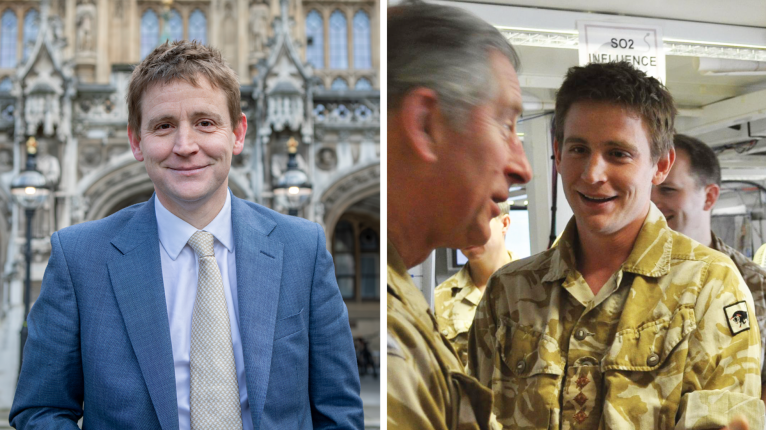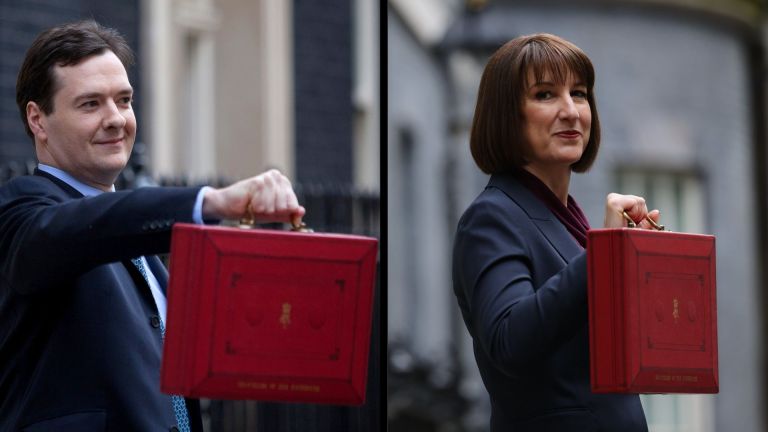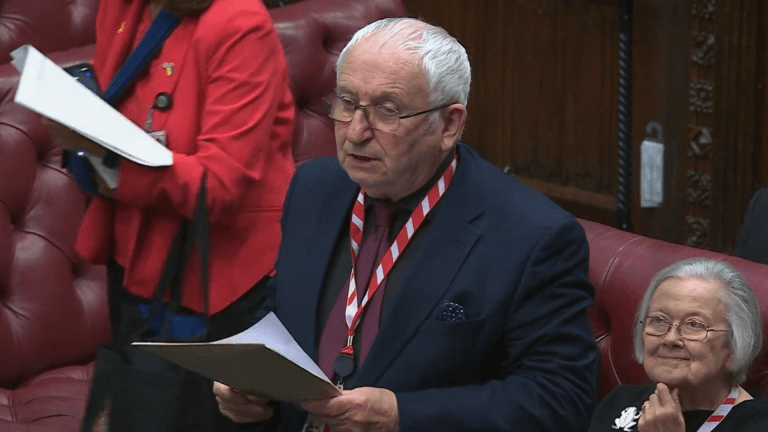Lockdowns have taken income away from hundreds of Big Issue sellers. Support The Big Issue and our vendors by signing up for a subscription.
“It’s probably too soon to know if that has led to the kind of changes you’re talking about. But getting that onto the statute book was a really important move,” he said.
“It’s becoming pretty clear that young people are the big losers from this period that we’re in. That’s through education or damage to job and training opportunities, as well as all around social life and mental wellbeing.
“There’s a duty on decision makers – who tend to be from older generations – to think about the depth that we owe young people.”
Big Issue co-founder Lord John Bird and Green MP Caroline Lucas are pushing the proposed legislation – which aims to place a legal duty on politicians to put young people first – through Parliament.
“You always assume the next generation will have things better,” Lucas said during her Big Issue Wellbeing Week appearance.
Advertising helps fund Big Issue’s mission to end poverty
“When that gets reversed, as it feels like it has in recent years – whether that’s difficulty getting onto the housing ladder, student debt or wider issue of climate and nature collapse – it feels incredibly significant [when] that kind of social contract breaks down.
“It feels like an essential bit of glue that holds society together will be getting weaker, which is a scary thing to contemplate.”
Speaking at the event, 23-year-old Noah Wescombe asked Crabb if the Government could do more to judge new legislation on the basis of 50-year timeframes rather than a five-year election cycle.
“I don’t think we have a mechanism built into our system to do exactly that,” Crabb said.
“Select committees tend to be backward-looking. We should be looking at whether the machinery of Parliament is out of date.”
Advertising helps fund Big Issue’s mission to end poverty
SNP MP Philippa Whitford spoke to the young ambassadors about moving a motion at the party conference aimed to protect the wellbeing of current and future generations, and Holyrood’s focus on creating a “wellbeing economy”.
“We have to get people to stop thinking in five-year parliamentary terms. Instead they should think in terms of being good ancestors,” she said.
“I put ‘current generation’ in my act. In Wales, they’re forever having to explain and excuse why the act is for future generations. People mistakenly think they’re having to do something difficult now but get no gain from it.
“But the current generation gains as well. We shouldn’t have one generation against another – we would all benefit from looking after people and the environment.”
Anjali Raman-Middleton, a 17-year-old environmental campaigner, told Liberal Democrat MP Wera Hobhouse about her work fighting air pollution and standing up for the people of colour most affected by unclean air in the UK.
“The bill is important,” she said. “It’s a step in the right direction. Our government’s actions are very much reactive and focus on short term effects, which often make things worse.
Advertising helps fund Big Issue’s mission to end poverty
“After the pandemic, we can go one of two ways. Regress as a society and further marginalise people or use it as a catalyst for change.”
Hobhouse agreed.
“A lot of that responsibility falls in our lap,” she said. “The longer we leave it the more difficult it is to recover. We have done too little.
“The transition [to net zero carbon emissions] must be fair so the least able to carry the cost of the transition don’t have to pay the most for it.
“It’s not about bickering over targets, it’s as much as we can, now. Do I have confidence in the Government to deliver that quickly? No. Do I want to bother them? Yes.
Advertising helps fund Big Issue’s mission to end poverty
“With COP26 on the horizon we need to take that work internationally too. There’s a lot of work to do.”
The young activists will continue meeting with MPs throughout The Big Issue Wellbeing Week to lobby for their support. They want to get the bill through Parliament – and to protecting the lives of those to come.
